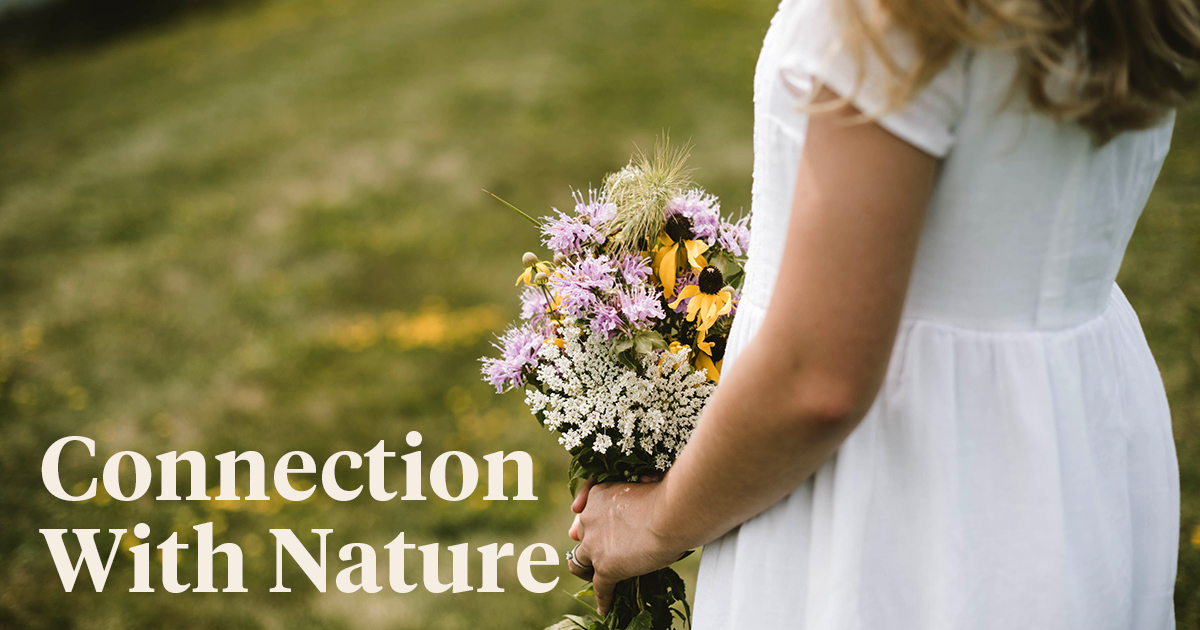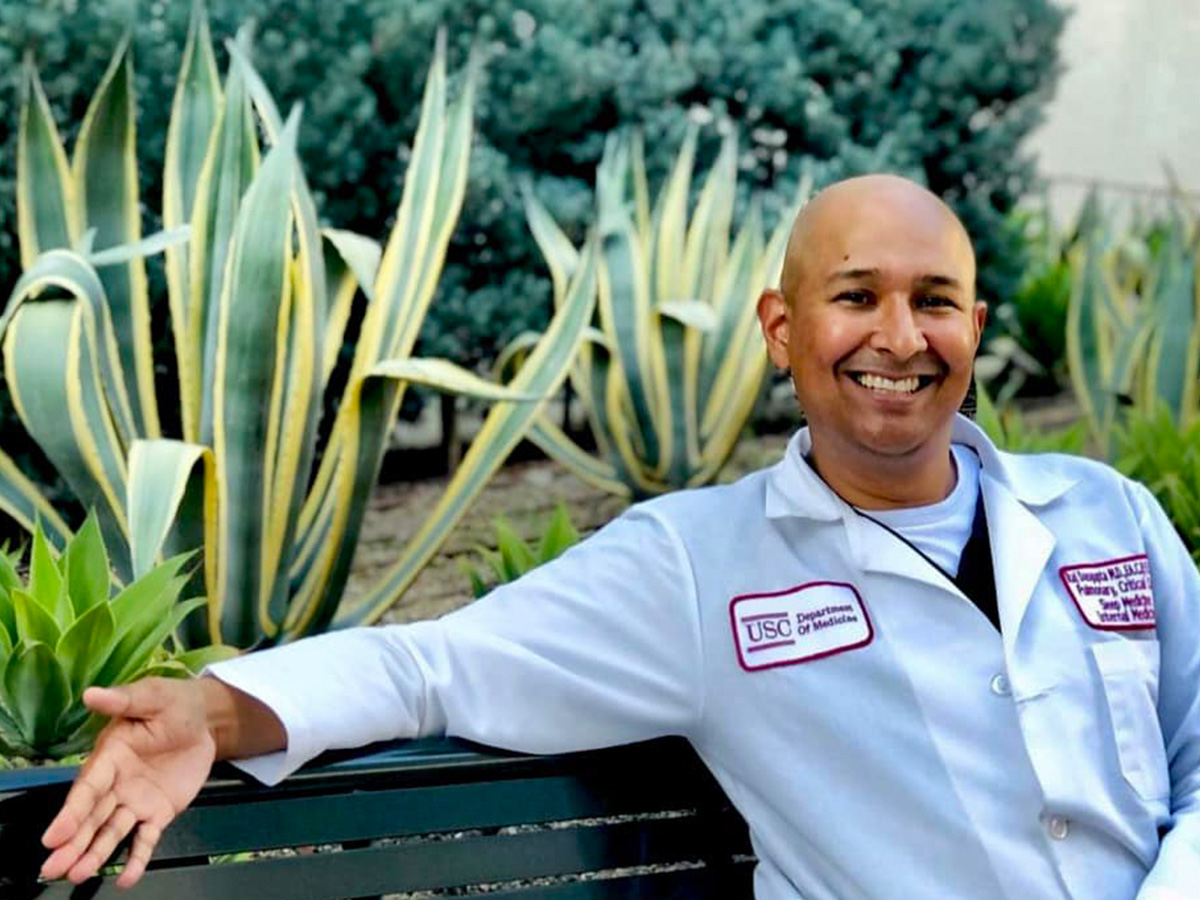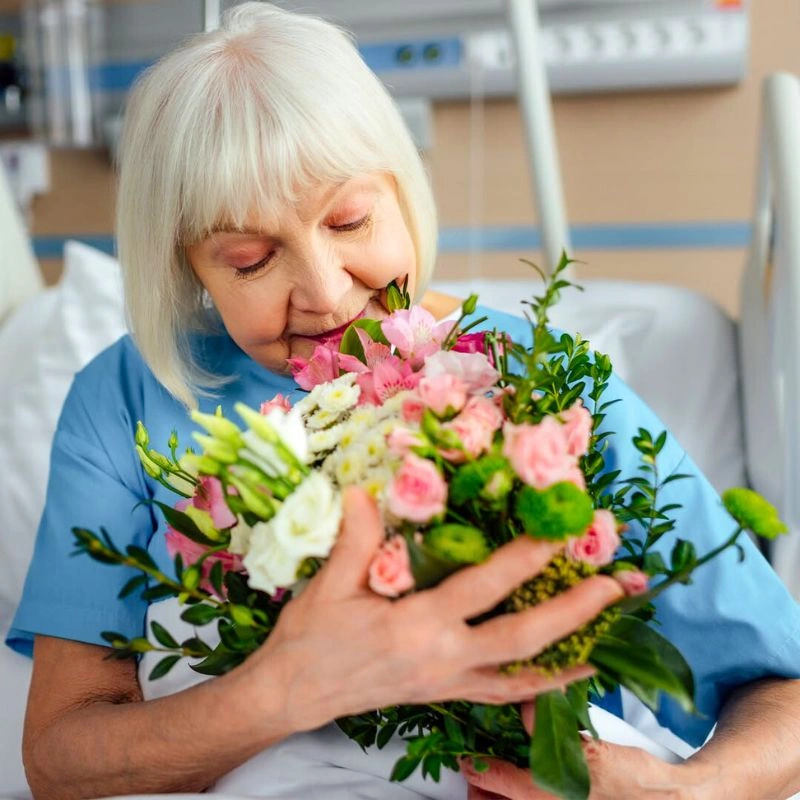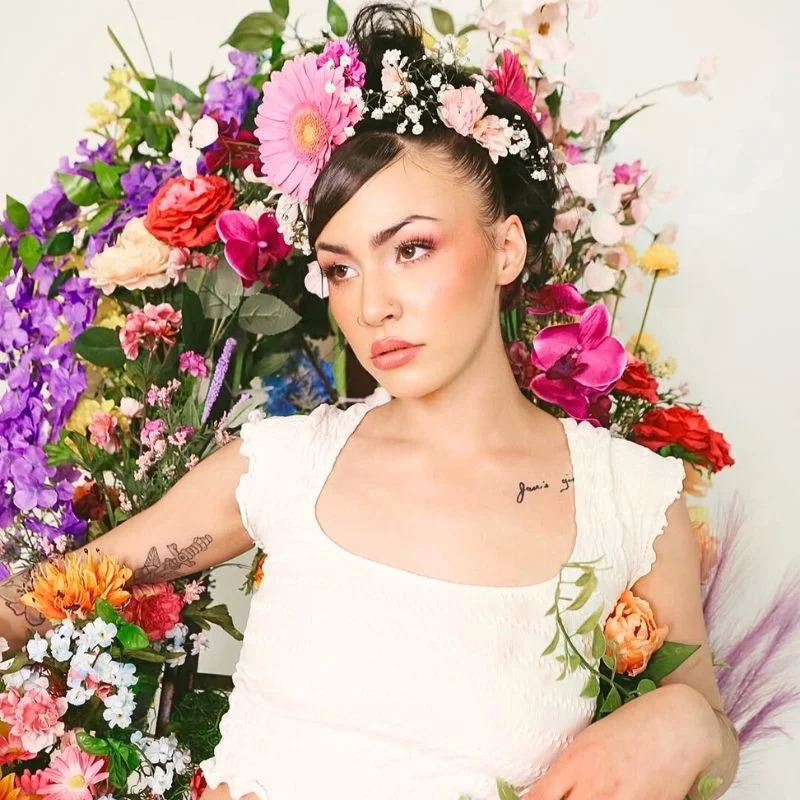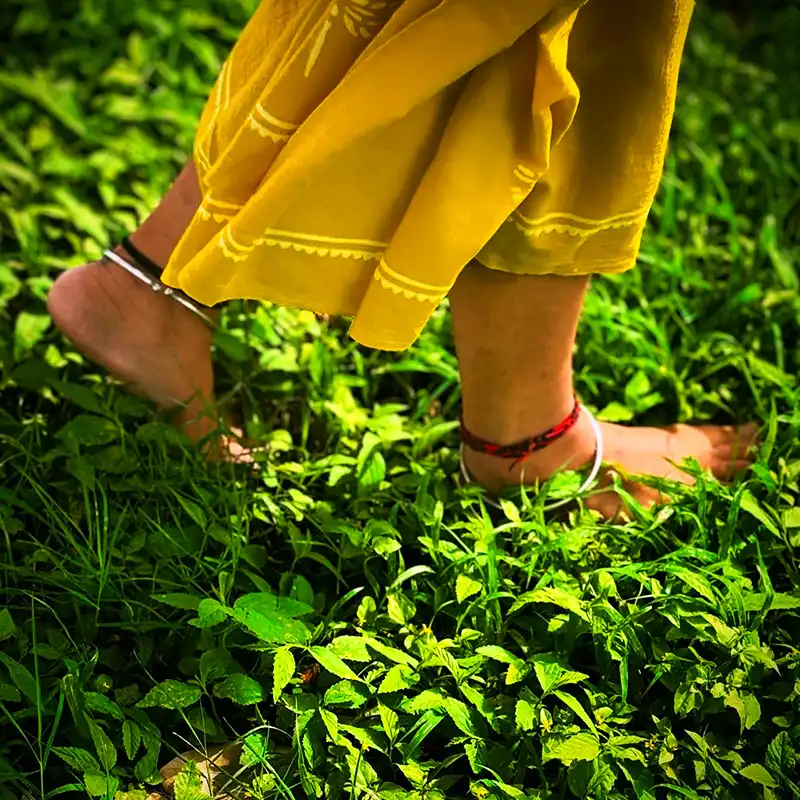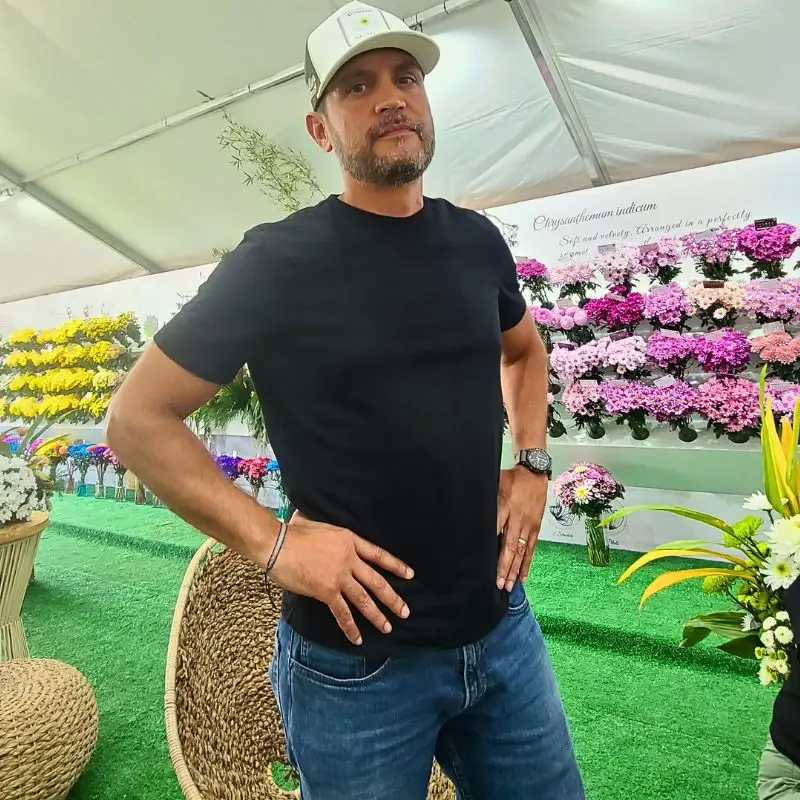Flowers and plants are not medicines. Or are they, in a way? Does a bouquet a day keep the doctor away? We have come to know more and more that flowers are indeed good for your mental and physical health, like the positive physiological effect that red roses have.
Of course, flowers cannot replace medicines, but they do help a patient to recover faster. Let's give the floor to three specialists out of the floral field: a doctor, a psychologist, and an interior designer. Although all three are no florists, they all point to the healthy functioning of floricultural products.
Scientific Studies
Many studies on the health of flowers and plants are about the ingredients. Like the calming effect of the bach flower, or how flower oil of sweet violet can help people who suffer from allergies. So many flowers have healing qualities, like boswellia, camomile, and ginger.
But what about the factor of just being around flowers and plants? It is widely accepted that gardening is good for your mental health. Just some examples of studies that indicate a relation between flowers and health are published on the website of ScienceDirect. Mentioned studies are the physiological effect of viewing fresh red roses, and A pilot study: Horticulture-related activities significantly reduce stress levels and salivary cortisol concentration of maladjusted elementary school children. But there's also the study of the American Horticultural Society about plants being a medicine in hospitals.
Also, the people behind That Flower Feeling emphasize the role of flowers in our well-being:
"Self-care has become a lot of work. You gotta pamper, practice mindfulness, balance life and work, and be awesome at all of them. Flowers on the other hand are self-care made easy. They won't replace working out or eating well. But they're a spiritual tune-up. So treat yourself to a little off-the-shelf self-care."
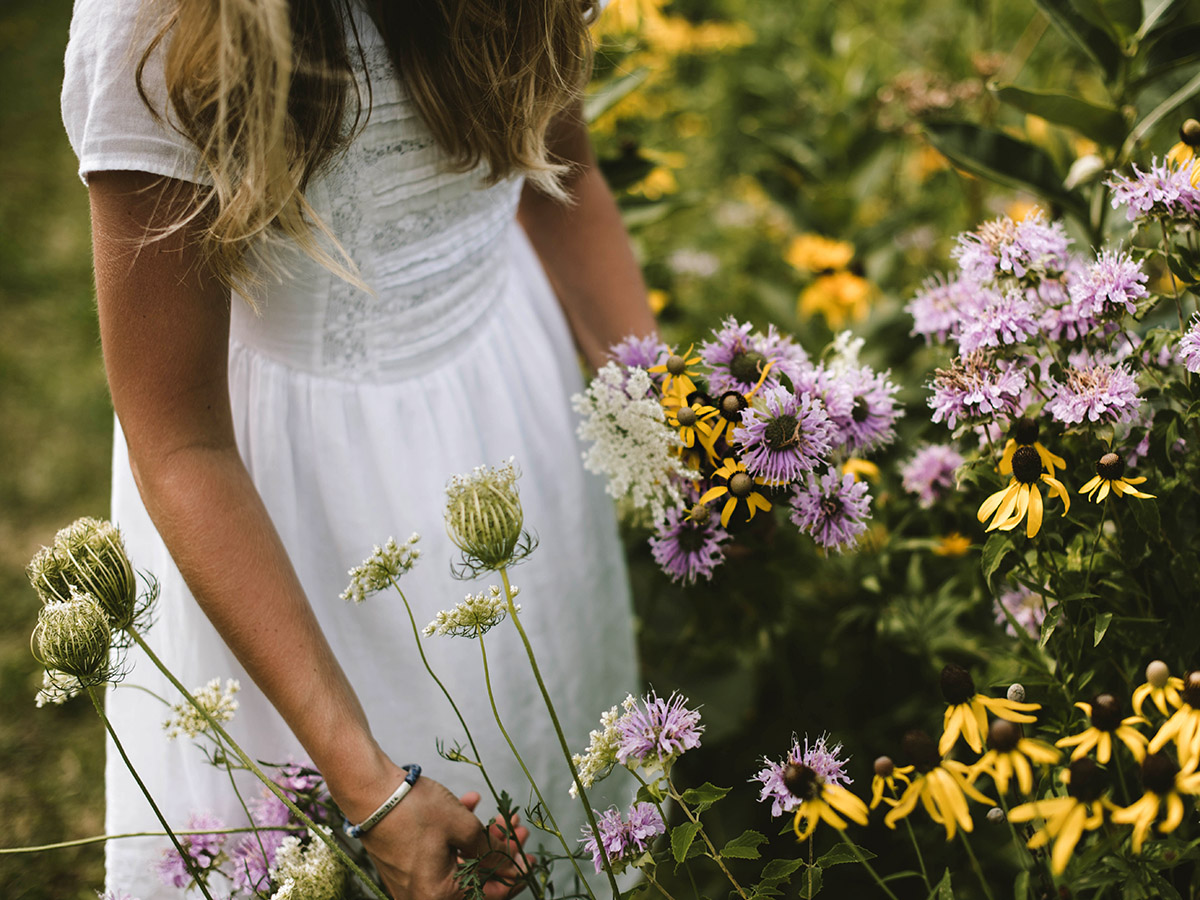
The Doctor
American sleep doctor Raj Dasgupta is full of praise for the effect of flowers and plants in a hospital room. According to the doctor, research has found that patients who have flowers and plants in their hospital rooms take less pain medication and experience less anxiety. About plants he says they can also reintroduce humidity into the air by releasing water, which relieves the nose and throat
"Lack of humidity creates an environment in your body that breeds infections. That's why in the dry wintertime we have the cold and flu more often. Water released naturally by plants will help with sore throats, dry skin, and heavy dry cough."
Of course, people with asthma or other lung diseases should be careful. Especially strong-smelling flowers, such as Hyacinths and Narcissus, are less suitable for them.
The Psychologist
Let's give the floor to environmental psychologist Dak Kopec. Kopec explains that flowers appeal to our two most important senses: sight and smell:
"Smell is one of the most primal of our senses, and sight is our primary sensation. Combining our primary sensation with our primal sensation evokes strong feelings, and happiness, and brings about a lot of positive moods."
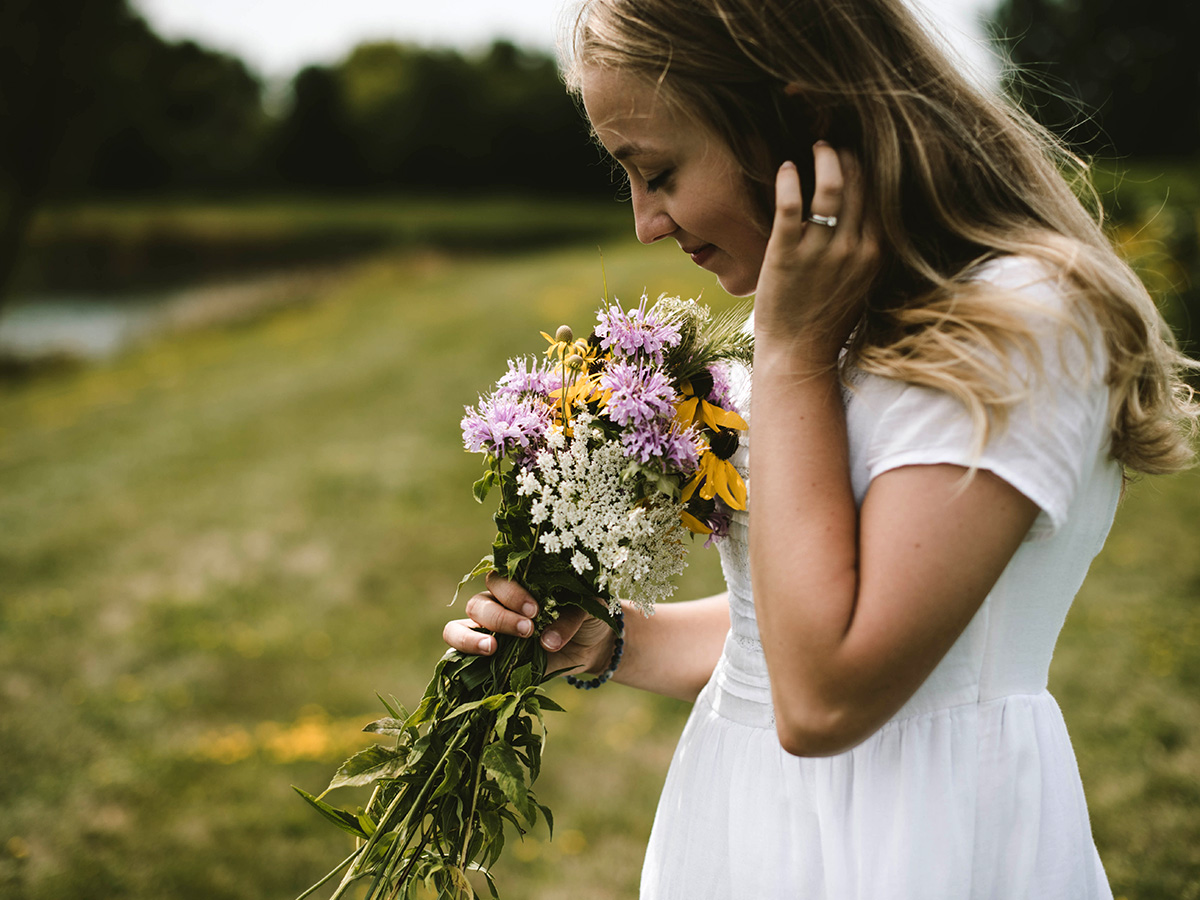
Flowers also help us understand the passing of time and seasons. Of course, many flowers and plants are available all year round, partly due to the globalization of trade. But each season comes with its own feelings and specific flowers can help with this. Everyone gets a certain seasonal sense when they look at flowers like tulips, gladiolus, or poinsettia.
The Interior Designer
Interior stylist Sarah Barnard, not to be confused with 19th-century French actress Sarah Bernhardt – after whom a beautiful pink peony is named – shows that flowers and plants in our homes have a calming and stress-reducing effect.
Sarah Barnard:
"Cut flowers can provide that visual, emotional, and mental connection with nature, which we all need for our mental health and happiness. In the design world, this is a concept called biophilic design – or design that reflects the human desire to connect with nature or other living organisms. It's why people feel so happy when they look out the window and see green, the sea, or birds flying."
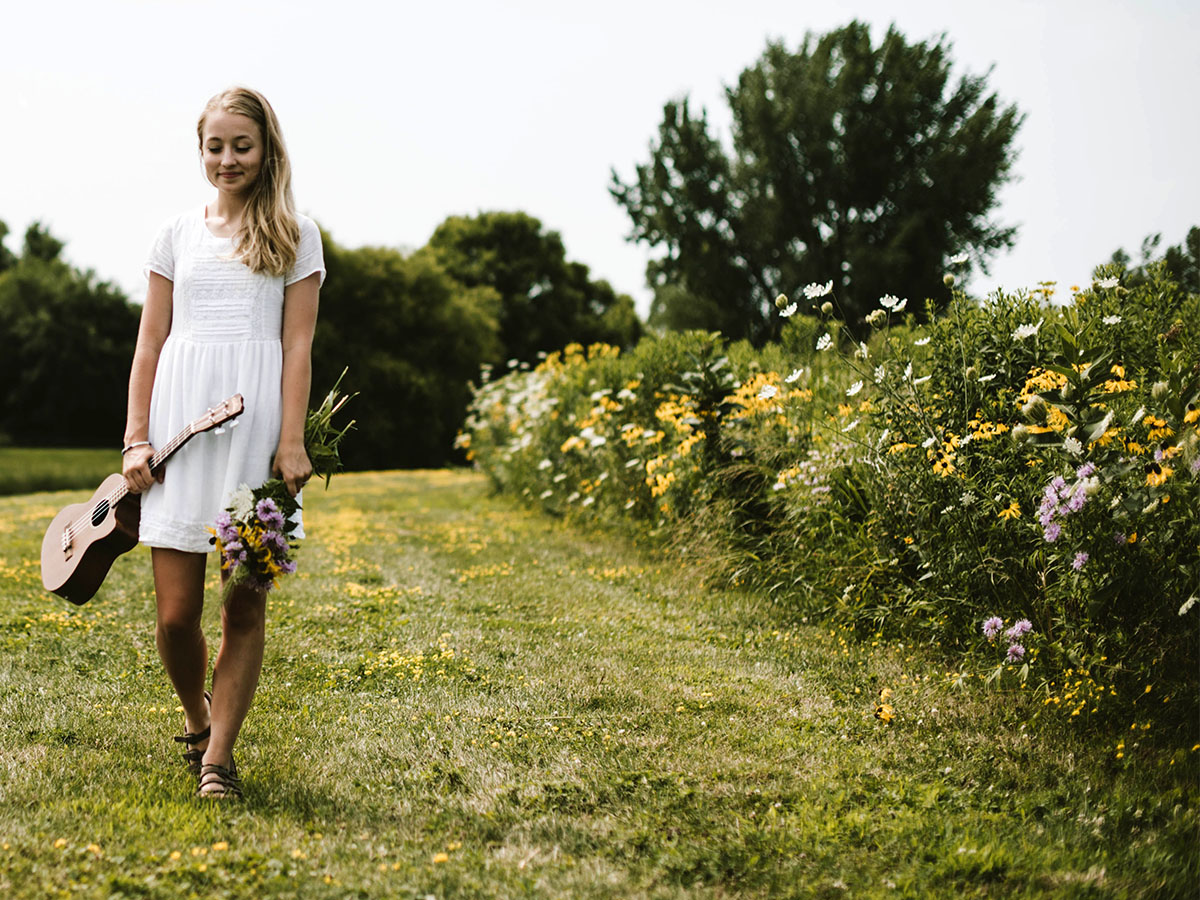
Flowers During Home Isolation
So, yes, A bouquet a day keeps the doctor away. Especially now, in times of quarantine, home isolation, and physical separation, flowers and plants can play an important role in our happiness and health. Place them strategically in your home so you can enjoy them and take advantage of them all day long.

